Medicine
March 1, 2016
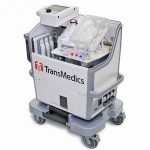
Test driven
Here, we present the tales of two clinical trials of technology that one day could alleviate suffering and improve lives for the hundreds of thousands of people suffering from severe heart problems and kidney failure.
June 1, 2015

Blood stancher
An injectable polymer could keep soldiers and trauma patients from bleeding to death.

Mindfulness
Whether it’s coping with college or taming an addiction, mindfulness has real medical and practical benefits, and it’s something UW researchers have been exploring for decades.

Hazy on the law
More than two years after Washington legalized marijuana, parents and teens may be hazy on the specifics of the law.
March 1, 2015
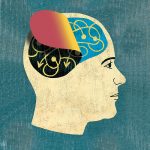
Brain discovery
A couple of years ago a scientist looking at dozens of MRI scans of human brains noticed something surprising: a large fiber pathway that seemed to be part of the network of connections that process visual information.

Brain spotting
Football concussions get a lot of attention, but UW researchers want to know how a single brain injury can affect an ordinary person decades down the line.
December 1, 2014

Can't weight
Obesity-associated insulin resistance is a major risk factor for Type 2 diabetes. UW researchers are now looking at obesity and its interdependent relationship to the disease.

Clues from bird brains
Brain cells that multiply to help birds sing their best during breeding season are known to die back naturally later in the year. For the first time, researchers have described the series of events that cue new neuron growth each spring.
June 1, 2014

Cosmetic enhancement
Millions of people each year remove wrinkles, soften creases and plump up their lips by having a physician inject a gel-like material into their facial tissue. These cosmetic procedures are sometimes called “liquid facelifts” and are said to be minimally invasive. It’s rare, but sometimes things go wrong.
March 1, 2014
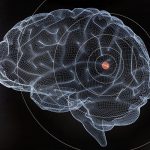
Brain sugar
A growing body of evidence suggests that the brain plays a key role in glucose regulation and the development of type 2 diabetes.

Genetic echo
Researchers led by Dr. John Stamatoyannopoulos have discovered a second code hiding within DNA. This second code contains information that changes how scientists read the instructions contained in DNA and interpret mutations to make sense of health and disease.
December 1, 2013
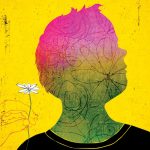
Autism onset
Between ages 3 and 10, children with autism spectrum disorder exhibit distinct brain chemical changes that differ from children with developmental delays and those with typical development, according to a new study led by UW researchers.
September 1, 2013

Keeping kids clean and sober
An answer to teen drug use isn’t quite as simple as “just say no.” Many teenagers know they are supposed to say no to tobacco, alcohol and other drugs but they don’t know why.
June 1, 2013
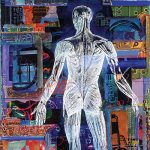
Probing DNA
The University of Washington Adult Medical Genetics Clinic is not only well-established—both UW and Johns Hopkins started the first genetics programs in 1957—but is widely considered the best in the world.
March 1, 2013

Trisomy trials
Certain medical problems experienced by people with Down Syndrome may eventually be helped because of a research breakthrough at the UW.
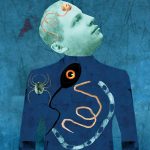
Solving IBS
The cause and treatment of Irritable Bowel Syndrome are complex problems that researchers at the UW School of Nursing are systematically addressing.

Future of medicine
The answer to developing a quick fix for a virus? (Or the answers to a whole host of other medical issues?) It might be found in proteins.

Quick implant
Sixty minutes was all it took for Jordan Prutkin, a UW cardiologist, to implant a new, improved kind of defibrillator in Merle Yoney’s chest.
December 1, 2012
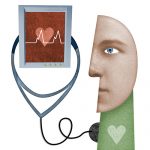
Longer CPR, longer life?
Hospitals that continue CPR longer have better survival rates for patients whose hearts have stopped beating, according to a study led by Zachary Goldberger, Acting Assistant Professor of Medicine in the Division of Cardiology at Harborview Medical Center.

Blind mice see the light
Researchers who injected a new chemical into the eyes of blind mice made the mice sensitive to light, a finding that could hold promise for people with disease that cause blindness.